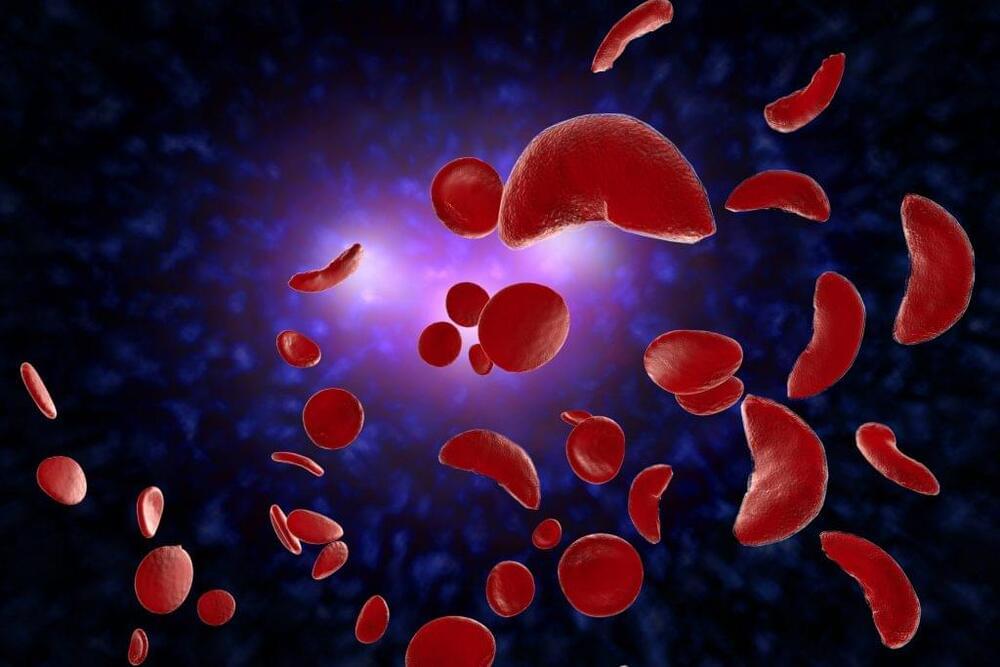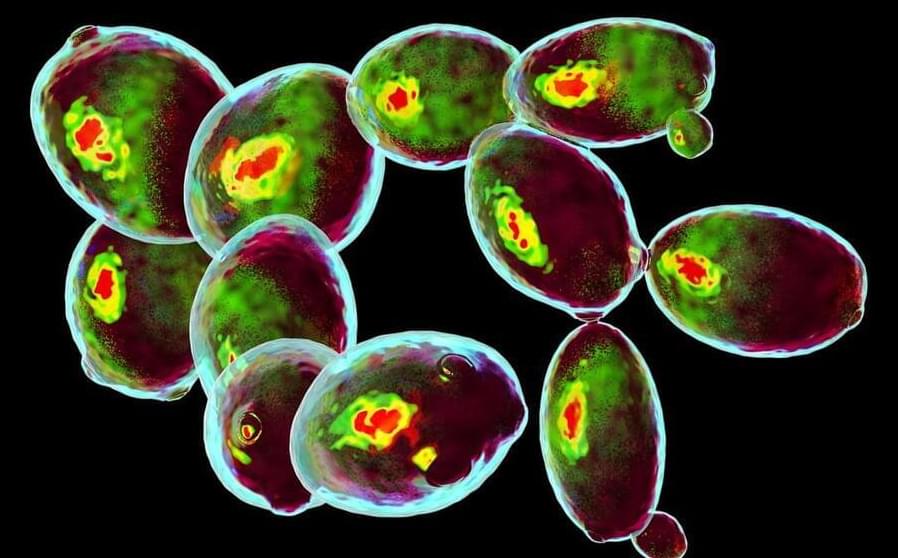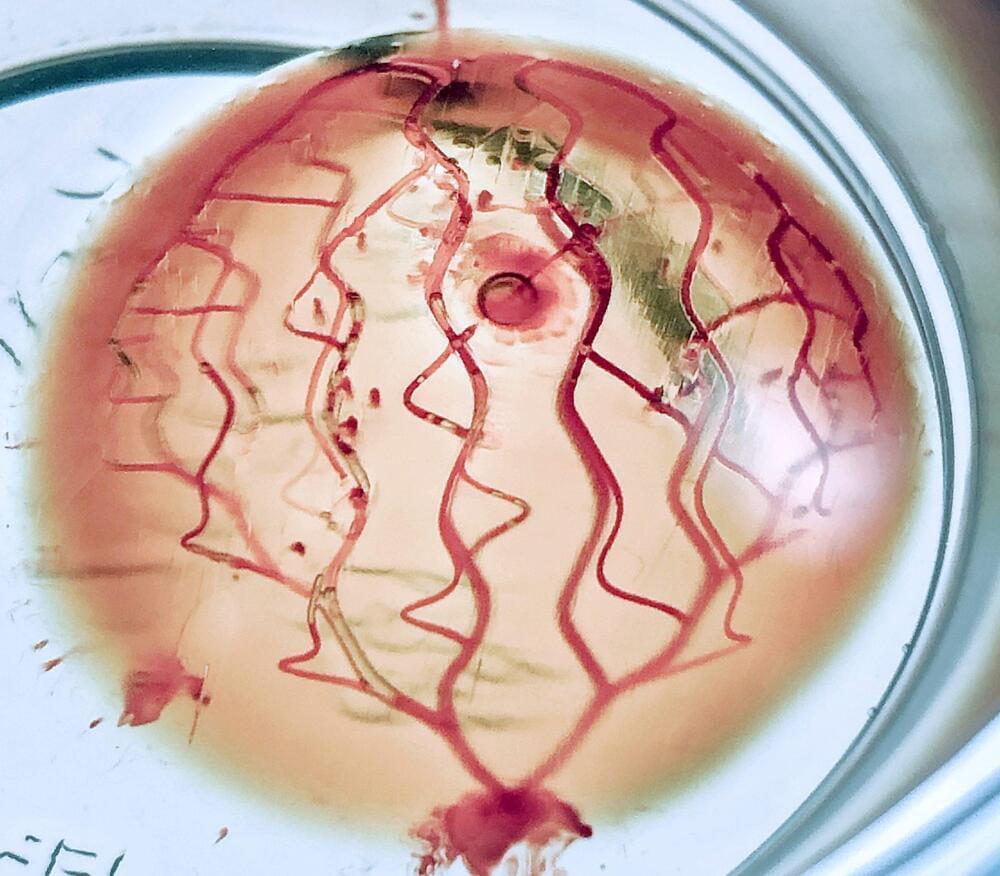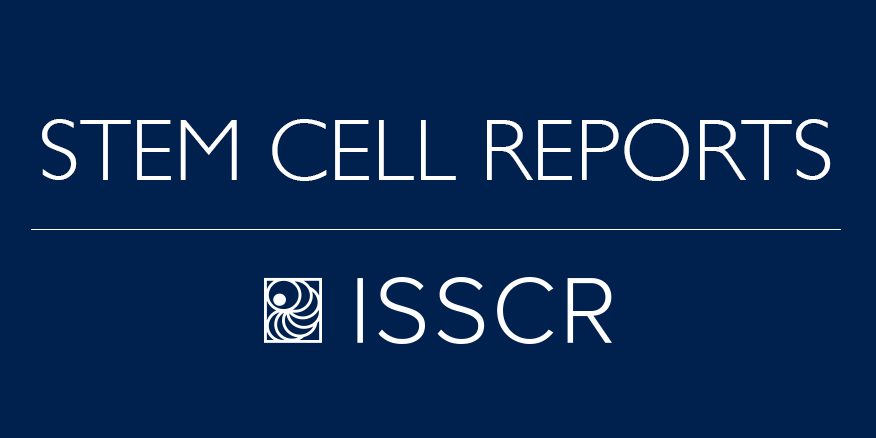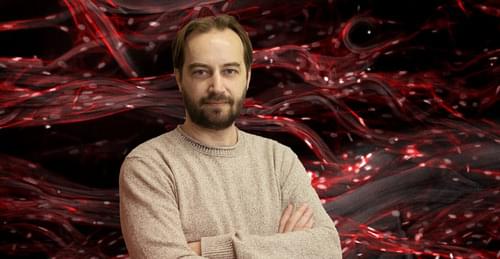Michael Levin is a Distinguished Professor in the Biology department at Tufts University. He holds the Vannevar Bush endowed Chair and serves as director of the Allen Discovery Center at Tufts and the Tufts Center for Regenerative and Developmental Biology. To explore the algorithms by which the biological world implemented complex adaptive behavior, he got dual B.S. degrees, in CS and in Biology and then received a PhD from Harvard University. He did post-doctoral training at Harvard Medical School, where he began to uncover a new bioelectric language by which cells coordinate their activity during embryogenesis. The Levin Lab works at the intersection of developmental biology, artificial life, bioengineering, synthetic morphology, and cognitive science.
✅EPISODE LINKS:
👉Round 1: https://youtu.be/v6gp-ORTBlU
👉Mike’s Website: https://drmichaellevin.org/
👉New Website: https://thoughtforms.life.
👉Mike’s Twitter: https://twitter.com/drmichaellevin.
👉Mike’s YouTube: https://youtube.com/@drmichaellevin.
👉Mike’s Publications: https://tinyurl.com/yc388vvk.
👉The Well: https://www.youtube.com/watch?v=0a3xg4M9Oa8 & https://youtu.be/XHMyKOpiYjk.
👉Aeon Essays: https://aeon.co/users/michael-levin.
✅TIMESTAMPS:
0:00 – Introduction.
1:27 – The Prisoner’s Dilemma (Game Theory applied to Life)
7:55 – Computational Boundary of the Self.
10:17 – “Goal States” & “Cognitive Light Cones”
13:55 – To Naturalise Cognition.
19:00 – The Hard Problem of Consciousness.
23:10 – Defining Consciousness.
27:14 – The Field of Diverse Intelligence.
43:25 – Who inspired Mike within his field.
46:52 – Is Mike a Panpsychist?
52:09 – Thoughts on Illusionism.
55:44 – Links to IIT
57:56 – Technological Approach to Mind Everywhere (TAME 2.0)
1:02:14 – Proof of Humanity Certification.
1:10:00 – Phase Transitions in Mathematics.
1:15:26 – Bioelectric Medicine.
1:21:06 – Can Cells Think? What is the Self? Is Man a Machine?
1:28:55 – Metacognition & Cloning.
1:35:49 – Teleology, Teleonomy & Teleophobia.
1:50:08 – All Intelligence is Collective Intelligence.
1:54:33 — Conclusion.
Video Title: What is The Field of Diverse Intelligence? Hacking the Spectrum of Mind & Matter | Michael Levin.
🔔Ready to change the way you think about the mind-body dichotomy? Join Dr. Tevin Naidu on a quest to conquer the mind-body problem. Subscribe and take one step closer to the Mind-Body Solution: https://t.ly/ASNw6
⭐ ⭐ ⭐ ⭐ ⭐ Audio Podcast is currently on your favorite platforms:

